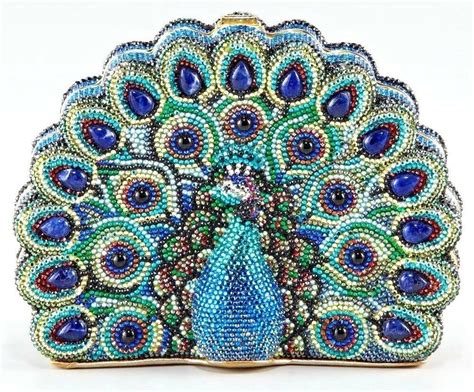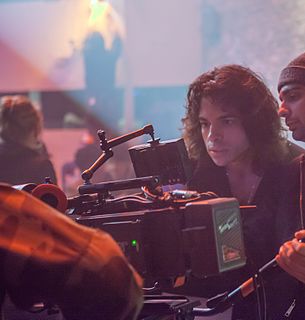A Quote by Jane Pauley
When I was diagnosed with bipolar disorder the year I turned 50, it was certainly a shock. But as a journalist, knowing a little bit about a lot of things, I didn't suffer the misconception that depression was all in my head or a mark of poor character. I knew it was a disease, and, like all diseases, was treatable.
Related Quotes
I learned that I suffered from bipolar II disorder, a less serious variant of bipolar I, which was once known as manic depression. The information was naturally frightening; up to 1 in 5 people with bipolar disorder will commit suicide, and rates may even be higher for those suffering from bipolar II.
People still think of AIDS as a shame-based disease, it's a sexually transmitted disease, and you're either gay or you're a prostitute or an intravenous drug user. And so a lot of people are still very bigoted about this disease. It's such a treatable disease. It's so - the end is in sight for this disease, medically.
If I were to peruse a survey of label options, as they exist now, they either sound like a time bomb disorder or manic depression or Bipolar divide or mental illness. How can I find an identity in that? It certainly isn't something I can bring up in conversation, without a reaction of judgement or even fear.































